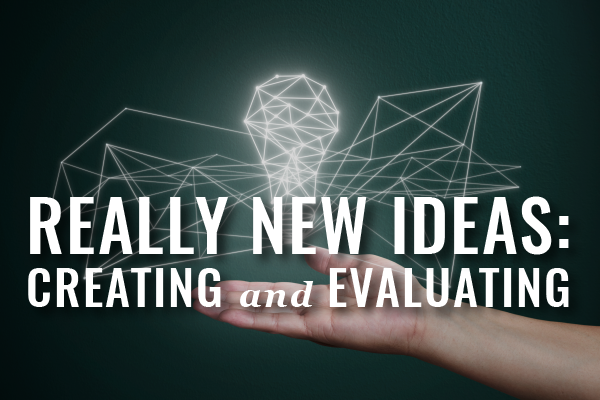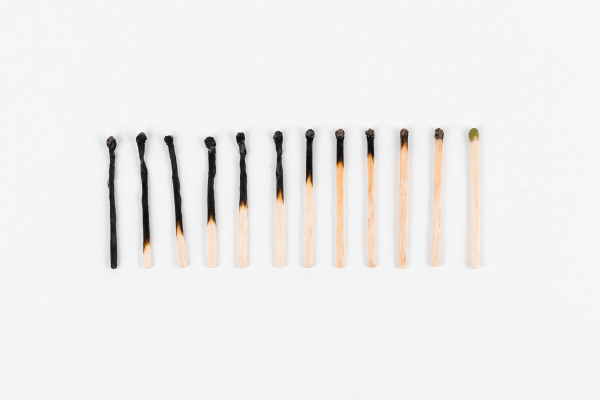What do you want out of your career as a lawyer? Here’s how to approach one of the most overwhelming questions we face to find more meaningful success.
I meet a significant number of clients that struggle to answer the question: What do you want? They know what they don’t want, but after reaching that conclusion, they are stuck.
Perhaps they are being squeezed out of their law firms without a plan of what to do next. Perhaps they can relate to the 2017 CLIO Legal Trends Report because they are spending only about 29% of their days on revenue-generating work and have no idea about what to change or how to begin improving their situation. Perhaps they are struggling with client, colleague, or co-worker communication and but have not idea of how to make improvements. In all of this situations, the clients are finding it difficult to come up with ideas.
Equally surprisingly, I meet a significant number of clients that find themselves struggling with the consequences of a decision based on nothing more than beliefs, assumptions, and gut-feelings. The number of lawyers, who take a job based on hidden assumptions of what will happen to their careers instead of actual data, real evidence – other than salary – is strikingly large. Perhaps they assumed they would produce high quality work, generate significant income for their firm, and then become a partner. Then, either that never happened or it happened and they realized they did not like being a law firm partner. Perhaps they have an abundance of ideas for their practice group or team and no idea where to begin to bring life to any of their ideas. Perhaps they are in law school and trying to figure out a practice area, industry, or specific workplace that they would enjoy.
If you are struggling to generate ideas to address a problem, the solution is to change your habits and routines and start doing something different.
- Talk to new people.
- Visit new places.
- Do, read, and watch something new and different from your usual interests.
The way to replace the old mindsets and lenses that limit what you notice and how you make sense of what you notice is to expose yourself to the different mindsets and lenses that exposure to the new and different provides.
Once you have generated a few new ideas, evaluate each one then develop those that pass this first hurdle. Do not jump to judgment on any. There are two methods for evaluating ideas.
- Identify five criteria to use and then measure each idea against those criteria.
- Use a SWOT analysis. Identify the idea’s Strengths, Weaknesses, Opportunities, and Threats. Assign points depending on power. 1-5 points for each strength and opportunity and subtract 1-5 points for each weakness and threat.
Based on your evaluations, prioritize your ideas and begin developing the first one. Developing an idea means testing it by at least one of the follow three methods.
- Prepare a business case to justify the value of the idea.
- Develop a project management plan to bring the idea to reality.
- Test market your idea by gather feedback from other people with a variety of different mindset and lenses.
These are tips to act strategically – intentionally acting to achieve a goal, even if the goal is to figure out what you want.
One final thing. Lawyers, please be advised that 14-hour workdays will not help you generate and evaluate new ideas: They interfere with our sense of purpose and undermine our creative abilities. If you need new ideas, you need active rest. Check out this Q&A from Scientific American on Why a Rested Brain is More Creative. And here are some ways you can recharge.
Work addiction is real. In some instances, it can be connected to childhood trauma, according to Dr. Gabor Mate, a physician who (for the record) has been accused of overstating the link between childhood trauma and addiction. Contact Lawyers Concerned for Lawyers to get help processing childhood trauma, or literally anything, better – confidentially and for free.
Maybe you don’t identify with the “addict” label because you think your long hours are a necessity and not a compulsion. Maybe they are in a limited sense. But still, they are not sustainable. There is definitely a way for you to live an economically sustainable career as a lawyer (or not a lawyer – gasp!) without carrying on counterproductive working hours. You might not be able to see the path to it. Schedule a (free, confidential) chat with one of our practice advisors for help.
If you need new ideas about your career in general, check out our Career Research + Development Workbook Series, designed to guide you through the rest of the career planning process.




